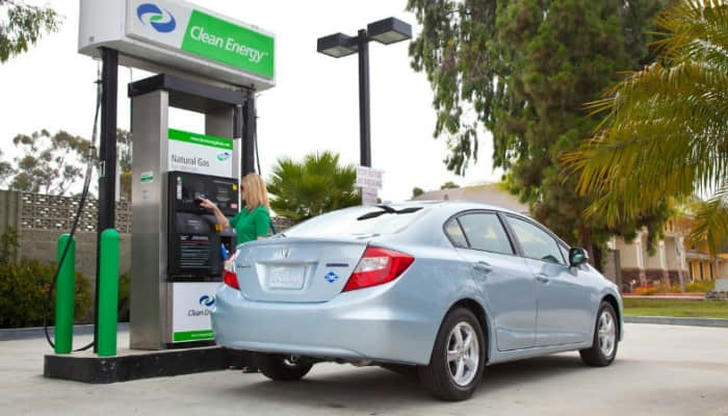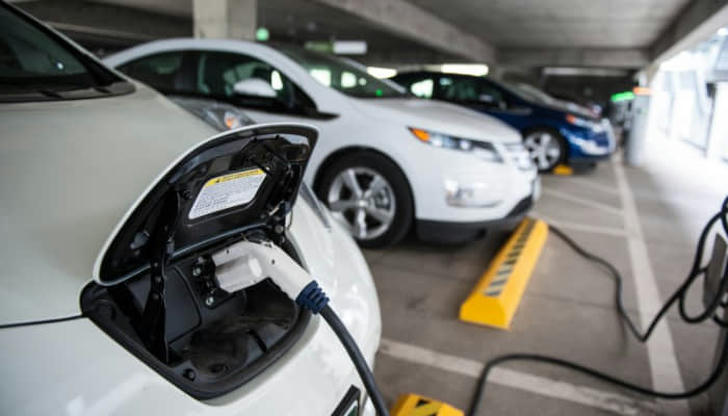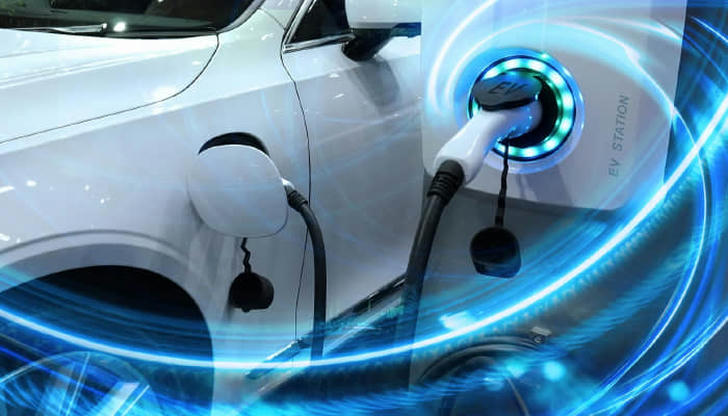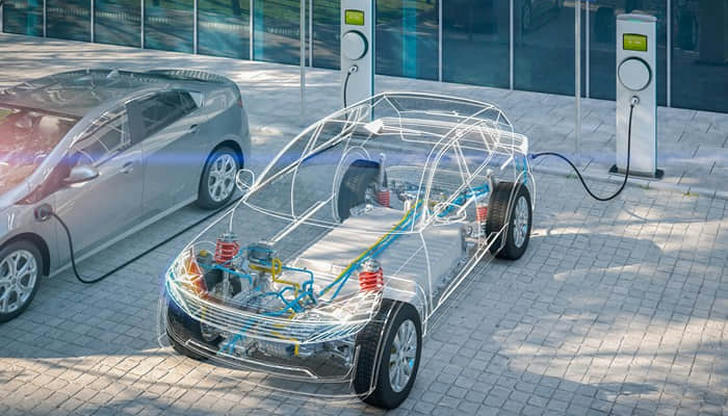Buy a Car Now: Which of the 5 Models Is Better?
The cars currently on the market include traditional fuel vehicles, gasoline hybrid vehicles, plug-in hybrid electric vehicles, extended-range electric vehicles, and pure electric vehicles. So how to choose among these five models? Which model is more in line with your car requirements? If you don’t know which car model to choose, the following article will give you a detailed introduction.

Traditional Fuel Vehicles
Fuel vehicles refer to vehicles that use gasoline or diesel as fuel. Its advantage is that gas stations with mature technology are widely distributed, convenient for refueling, and there is no anxiety about battery life. The disadvantage is that rising oil prices will increase the cost of driving, and the combustion emissions of gasoline and diesel will pollute the environment, which does not meet the need for green environmental protection.
Suitable crowds: With the rise of new energy vehicles, the prices of fuel vehicles have also seen significant price cuts, with some models even offering discounts of $10,000. If you have a limited budget for buying a car, have high requirements for car performance, often drive in remote areas, or often run long distances, then it is recommended that you buy a fuel vehicle.

Gasoline Hybrid Vehicles
Gasoline hybrid vehicles, also known as gasoline-electric hybrids, combine a gasoline engine with an electric motor. They can switch between using the engine directly, generating electricity for the battery, or using the battery to power the electric motor. This allows for pure electric driving in the city for better fuel economy and reduced emissions, and gas engine power for longer trips.
While hybrids offer eco-friendly benefits and a smooth electric driving experience, they also have drawbacks. Their complex design with two powertrains can lead to higher maintenance costs and reduced cargo space. Additionally, their initial cost can be higher and their resale value might be lower compared to traditional gasoline cars.
Suitable crowds: Gasoline hybrids are a good choice for environmentally conscious drivers with a higher budget who primarily drive in urban areas and prioritize a comfortable, fuel-efficient ride over pure performance or maximum cargo space.

Plug-in Hybrid Electric Vehicles
Plug-in hybrid electric vehicles (PHEVs) combine a gasoline or diesel engine with an electric motor and a rechargeable battery pack. This allows them to operate in two main ways: either using the electric motor alone for zero-emission driving (for shorter distances) or with the combined power of the electric motor and gasoline engine for longer journeys. It offers significant advantages over traditional gas-powered vehicles. Their larger batteries enable extended electric range compared to regular hybrids, leading to better fuel economy and reduced emissions, especially during short commutes or city driving.
However, plug-in hybrid vehicles also come with drawbacks. Their complex design results in higher purchase costs and potentially steeper maintenance expenses. Additionally, the limited electric range necessitates access to charging stations, which can be scarce in remote areas, causing range anxiety. The relatively new technology translates to a smaller selection of models on the market, potentially impacting resale value.
Suitable crowds: For those who often drive long distances or are environmentally conscious, PHEVs are a good choice. It can use a fuel engine during long-distance driving to avoid range anxiety, and can also achieve zero emissions in electric mode.

Extended-Range Electric Vehicles
Extended-range electric vehicles (EREVs) are essentially electric cars with built-in gas or diesel generator. This generator kicks in when the battery runs low, extending the car's overall driving range. While plugged in, EREVs function as pure electric vehicles with zero emissions, offering quiet operation and brisk acceleration. Additionally, they boast a decent electric-only range before the generator takes over.
However, EREVs come with drawbacks. Their complex design, featuring both electric and combustion engine components, translates to higher manufacturing costs and consequently, a steeper price tag. This complexity also adds weight to the vehicle, potentially impacting performance during maneuvers like cornering or acceleration. The combination of motors, batteries, and a generator also raises maintenance costs and lowers resale value compared to other new energy vehicles.
Suitable crowds: EREVs can be a good fit for drivers who have a home charger and primarily use their car for short commutes within the city. The added generator provides peace of mind for occasional long trips.

Electric Vehicles
Electric vehicles(EVs) ditch gasoline for batteries and electric motors. This translates to a sleek design, whisper-quiet operation, and zero tailpipe emissions, making them environmentally friendly and potentially cheaper to run than gas-powered cars, especially with home charging.
However, EVs ownership comes with trade-offs. Range anxiety is a concern for long trips due to limited battery range and a lack of widespread charging stations, especially in remote areas. Cold weather further reduces battery performance, and charging times can be lengthy compared to gas fill-ups. Additionally, EVs tend to have higher upfront costs and lower resale values compared to gasoline vehicles.
Suitable crowds: EVs are a good fit for urban drivers with access to home charging who primarily use their cars for short commutes. They're ideal for cities with restrictions on gas-powered vehicles.
Conclusion
Buying a car is an important decision that requires consideration of many factors. For ordinary people, on the basis of clear usage needs and car purchase budget, they also need to consider the characteristics of each car model. Factors such as driving range, fuel efficiency, convenience of charging facilities, maintenance costs, and environmental performance of different models can be compared. In addition, you can also refer to professional car reviews and user reviews to understand the advantages and disadvantages of different models.
